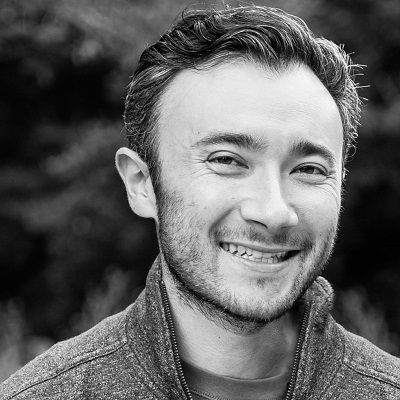Jonas Miller
Assistant Professor
Psychological Sciences
Education
Ph.D., 2017, University of California, Davis
Research Interests
- Empathy and prosocial development
- Adversity
- Resilience
- Developmental psychopathology
- Developmental social neuroscience
- Environmental health
Research Synopsis
Dr. Miller is interested in developmental models of risk, resilience, and thriving in children and adolescents. He studies how social and physical environmental factors (e.g., early adversity, positive relationships, pollution) are related to brain development, aging, empathy, and mental health. One goal of this work is to understand individual differences in children’s vulnerability versus resilience in the face of stress, disadvantage, and other threats to well-being. Studying these topics requires an interdisciplinary approach. Dr. Miller integrates methods from developmental psychology and psychopathology, neuroscience (MRI, fNIRS, psychophysiology), and community and environmental health (e.g., air pollution, socioeconomic conditions).
Publications
Recent
Miller, J. G., Lopez, V., Buthmann, J. L., Garcia, J., & Gotlib, I. H. (2022). A social gradient of cortical thickness in adolescence: Relations with neighborhood socioeconomic disadvantage, family socioeconomic status, and depressive symptoms. Biological Psychiatry: Global Open Science, 2, 253-262.
Chahal, R., Miller, J. G., Yuan, J. P, Buthmann, J. L., & Gotlib, I. H. (2022). Dimensions of early adversity and the development of functional brain network connectivity during adolescence: Implications for trajectories of internalizing symptoms. Development and Psychopathology, 34, 557-571.
Miller, J. G., Dennis, E. L., Heft-Neal, S., Jo, B., & Gotlib, I. H. (2022). Fine particulate air pollution, early life stress, and their interactive effects on adolescent structural brain development: A longitudinal tensor-based morphometry study. Cerebral Cortex, 32, 2156-2169.
Ojha, A., Miller, J. G., King, L. S., Humphreys, K. L, & Gotlib, I. H. (2022). Empathy for others versus for one’s child: Associations with mothers’ brain activation during a social cognitive task and their toddlers’ functioning. Developmental Psychobiology, 64, e22313.
Miller, J. G., Chahal, R., Kirshenbaum, J. S., Ho, T. C., Gifuni, A. J., & Gotlib, I. H. (2021). Heart rate variability moderates the effects of COVID-19-related stress and family adversity on emotional problems in adolescents: Testing models of differential susceptibility and diathesis stress. Development and Psychopathology. Advance online publication.
Representative
Miller, J. G., Chahal, R., & Gotlib, I.H. (2022). Early life stress and neurodevelopment in adolescence: Implications for risk and adaptation. In R. Sinha, & K. Miczek (Eds.), Current topics in behavioral neurosciences: Neuroscience of social stress (pp. 313-339). New York: Springer.
Miller, J. G., Ho, T. C., Humphreys, K. L., King, L. K., Foland-Ross, L. C., Colich, N. L., Ordaz, S. J., Lin, J., & Gotlib, I. H. (2020). Early life stress, frontoamygdala connectivity, and biological aging in adolescence: A longitudinal investigation. Cerebral Cortex, 30, 4269-4280.
Miller, J. G., Vrticka, P., Cui, X., Shrestha, S., Hosseini, S. M. H., Baker, J. M., & Reiss, A. L. (2019). Inter-brain synchrony in mother-child dyads during cooperation: An fNIRS hyperscanning study. Neuropsychologia, 124, 117-124.
Miller, J. G. (2018). Physiological mechanisms of prosociality. Current Opinion in Psychology, 20, 50-54.
Miller, J. G., Kahle, S., & Hastings, P. D. (2015). Roots and benefits of costly giving: Children who are more altruistic have greater autonomic flexibility and less family wealth. Psychological Science, 26, 1038-1045.

| jonas.miller@uconn.edu | |
| Mailing Address | Unit 1020 |
| Office Location | Bous 172 |
| Campus | Storrs |